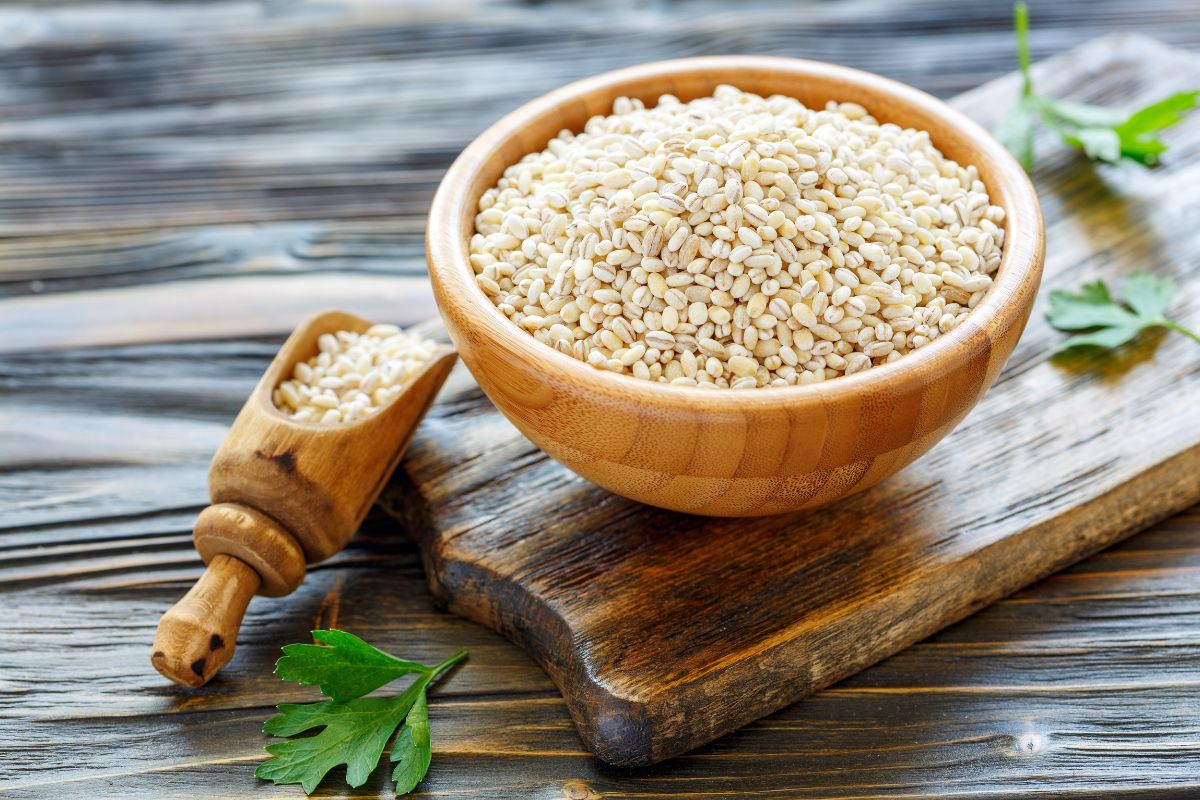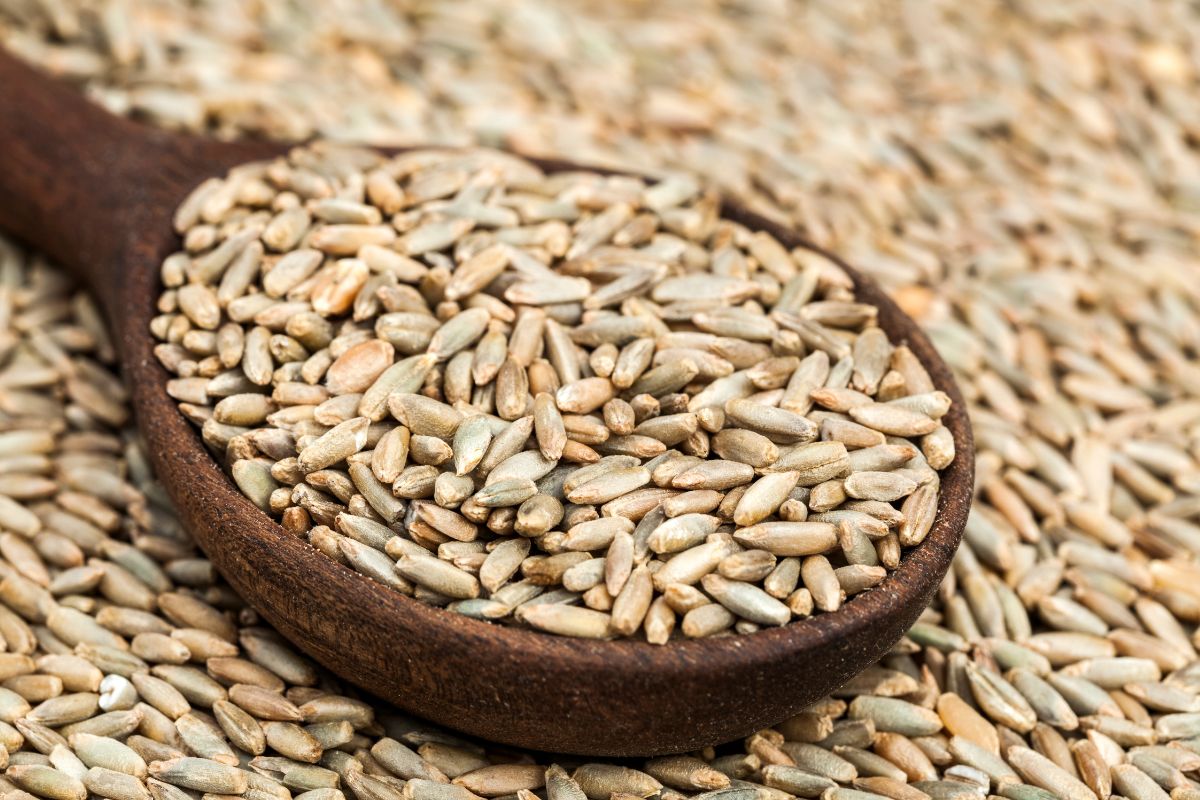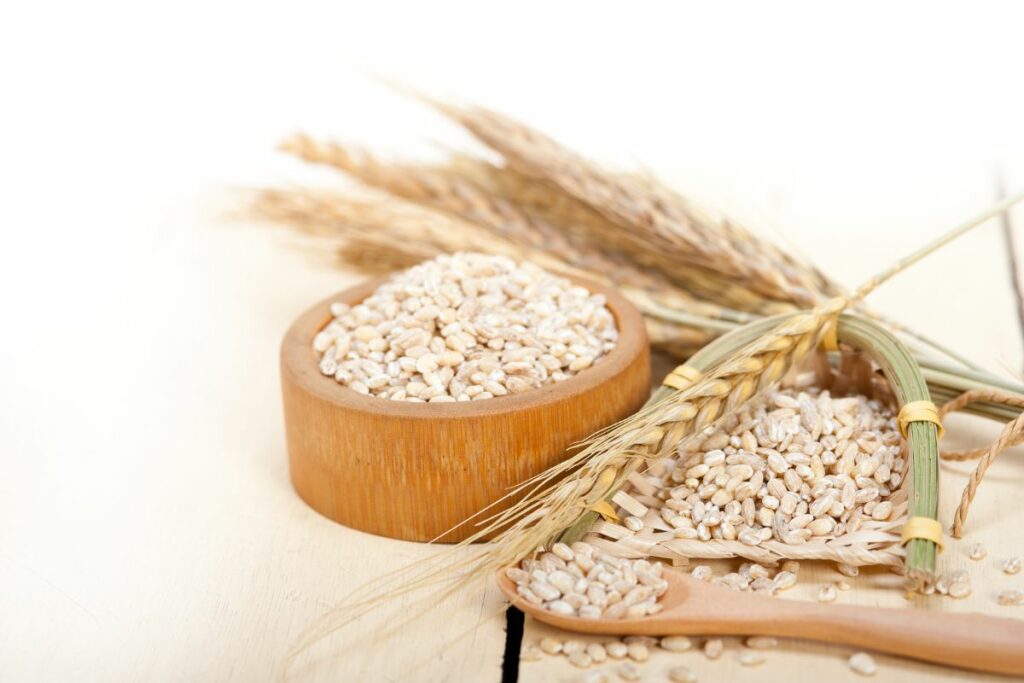Are you thinking about beginning your very own home brewing journey? If you are, then you’ve come to the right place.
When it comes to brewing alcohol, grains such as rye and barley are essential to the alcohol distillation process, and are responsible for fermenting so that yeasts can consume their sugar and convert them into alcohol.
The only question is, which grains should you use?
If you have already begun to do your own research, then we’re sure that you’ll be familiar with barely, which is considered to be the best grain to use when distilling all different types of alcohol including beer, vodka, whiskey and more.
But, there are many other types of grains that are popular in alcohol distillation, and we are here to talk you through all of them.
So, without further ado, just keep on reading to learn more about the best grains for distilling, as well as other helpful information!
Grains For Distilling: General Considerations To Make
Before we jump into the different types of grains that you can use for distilling alcohol (as well as the various benefits and potential drawbacks of each) we first think that it would be a good idea to talk you through some of the general considerations that you should consider prior to choosing which grain that you might like to use.
Generally speaking, when it comes to distilling alcohol, you’re first going to need to think about what type of alcohol you are looking to make. One of the most common grains that is typically used during this process is barley.
That being said, more often than not, when it comes to the 2-row and 6-row malts that are used in a general alcohol distillation process, the malts will almost always be barley.
The main reason for this? Well, unlike other grains such as wheat, barley is known for being very suited toward general alcohol distillation due to it having a stronger taste than other grains.
On the other hand, it is also important to keep in mind that there are some types of grains that are more suited to making certain kinds of alcohol than others.
For example, in order to capture the neutral taste of vodka, wheat is often used due to the mellow flavor that doesn’t overpower the taste of the vodka.
Similarly, when it comes to making alcohol such as whisky, it is highly common for rye to be used alongside grains such as barley.
This is because rye has a very strong taste that compliments the traditional flavor of whiskey, although it is also very common for whiskey corn to be also used when making whiskey via a home distillation process.
All that being said, when it comes to choosing grains to use for alcohol distillation – the main takeaway here is that, prior to even beginning the alcohol distillation process, you are first going to need to make sure that you are taking the time to think about what alcohol you want to distill, as this will stand you in good stead of ensuring that you are able to pair a grain (or even a variety of grains) that you know is going to compliment the particular alcohol that you are trying to make.
This brings us to our next section!
4 Best Grains For Distilling
Now that we have outlined some of the general considerations that you will need to make sure that you are considering prior to deciding which grain that you would like to use prior to beginning he distillation process – we are now going to be taking a closer look at some of the most common grains that are often used for alcohol distillation.
Let’s take a look at them below:
1. Barley

Kicking this list off, we have barley.
As we have already mentioned above, barley is not only one of the most popular types of grain used to make alcoholic beverages, but it is also considered to be the best grain for “general” alcohol distillation purposes.
Highly versatile, barley has a strong and distinctive flavor that compliments a variety of different types of alcohol, which means that you will be able to use barley as your grain of choice regardless of whether you want to make vodka, beer or just about anything else that you can think of.
In addition to this, it is also worth noting that the majority of leading alcoholic beverage manufacturers that sell spirits and other products will typically tend to use barely.
This is not only due to the fac that barley is highly versatile as we have already mentioned above, but also due to the fact that it is super easy to come by, easy to work with, known for fermenting exceptionally well and is typically very affordable.
In other words, it offers much better value for money than some other grains without compromising on the flavor or the quality of the alcohol produced during the distilling process.
2. Wheat
Next up? We have wheat, of course! Regardless of whether you have been in the world of alcohol distillation for quite some time or not, we’re sure that you’ll already be well familiar with the use of wheat in alcohol distilling.
Similar to barely, wheat is also super easy to work with and is known for being a grain that is able to ferment very well, which in turn helps to allow for a high alcohol content.
Traditionally, wheat is typically used to make vodka and whiskey, although it can be used to make other types of alcohol, too.
3. Rye

Despite being one of the lesser known grains for alcohol distilling, rye isn’t to be looked over! Rye is known for having a very distinct and bold flavor profile which contrasts greatly with other grains such as barley and wheat.
Thanks to this, it means that rye is a grain that is extremely well suited to making alcoholic beverages such as whiskey, vodka, moonshine and many other types of spirits.
4. Corn
The next type of grain that you can consider using for alcohol distilling purposes is corn!
Similar to barely, corn is known for being highly versatile and easy to work with, although it is worth keeping in mind that corn is most commonly used in order to help distill vodka.
This is because corn has a very mellow and mild flavor profile that pairs well with the neutral flavor of vodka.
Should You Use Malt Or Flaked Grains?
Now that we’ve taken a deep dive into the best types of grains that you can consider using for distilling your very own alcohol products from home, we’re sure that you might also be currently wondering whether there is any difference between purchasing grains that are either malted or flaked.
Even though both types of grain variations will allow you to successfully distill your own alcohol from home, there are a few things that you should keep in mind prior to picking one out of the two.
To cut a long story short, malted grains are soaked in water prior to being used which allows them to become rich in proteins, carbohydrates and enzymes.
Due to this, it means that malted barley will come complete with alpha amylase which will ensure that you will be able to enjoy optimal fermentation as well as the highest alcoholic content possible.
On the other hand, flaked grains are a little bit different than malted grains.
This is because flaked grains are made by first being run through hot rollers, which means that they instantly become gelatinized and do not need to be boiled in the way that malted grains do.
However, despite this convenience, the temperature from the rollers often causes the enzymes to be destroyed in the process, which means that you will need to add in your own alpha amylase to ensure that the grains will be able to ferment and offer maximum alcohol content during distillation.
Wrapping Up
And there we have it – we’ve made it to the end!
Now that you have taken the time to read through everything that we have covered above, we are hoping that you now have a much better idea of what the best grains for distillation of alcohol are, as well as what general considerations to make prior to beginning the alcohol distillation process.
By making sure that you are taking the time to consider what type of product you are looking to distill prior to beginning the process, this will help to ensure that you are able to pick the best grain or the alcohol that you wish to create!
Before you go, why don’t you consider giving this page a bookmark? That way, if you ever need to come back and refresh your memory, you’ll know exactly where to find us.
Thanks for reading, and goodbye for now.








